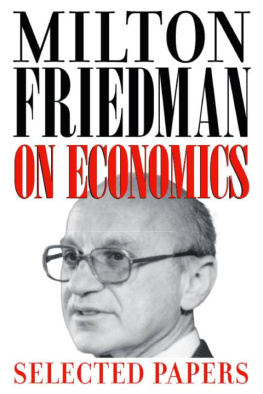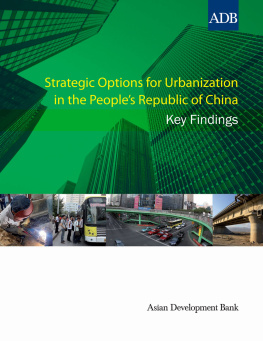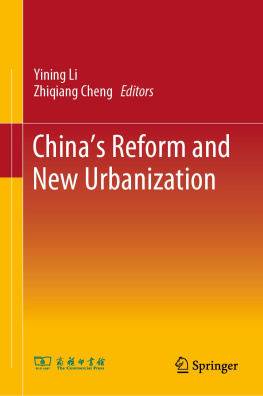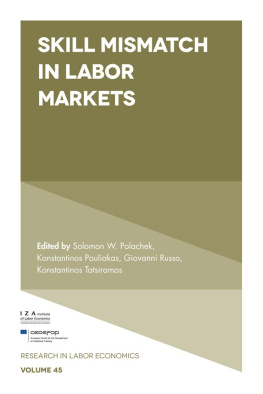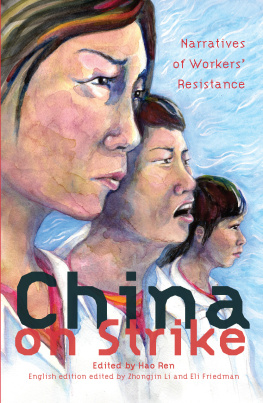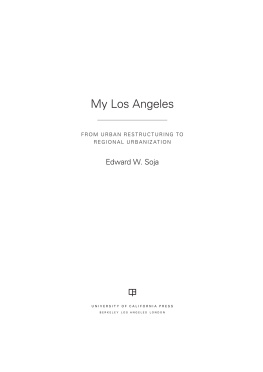Eli Friedman - The Urbanization of People: The Politics of Development, Labor Markets, and Schooling in the Chinese City
Here you can read online Eli Friedman - The Urbanization of People: The Politics of Development, Labor Markets, and Schooling in the Chinese City full text of the book (entire story) in english for free. Download pdf and epub, get meaning, cover and reviews about this ebook. year: 2022, publisher: ColumbiaUP, genre: Politics. Description of the work, (preface) as well as reviews are available. Best literature library LitArk.com created for fans of good reading and offers a wide selection of genres:
Romance novel
Science fiction
Adventure
Detective
Science
History
Home and family
Prose
Art
Politics
Computer
Non-fiction
Religion
Business
Children
Humor
Choose a favorite category and find really read worthwhile books. Enjoy immersion in the world of imagination, feel the emotions of the characters or learn something new for yourself, make an fascinating discovery.

- Book:The Urbanization of People: The Politics of Development, Labor Markets, and Schooling in the Chinese City
- Author:
- Publisher:ColumbiaUP
- Genre:
- Year:2022
- Rating:4 / 5
- Favourites:Add to favourites
- Your mark:
- 80
- 1
- 2
- 3
- 4
- 5
The Urbanization of People: The Politics of Development, Labor Markets, and Schooling in the Chinese City: summary, description and annotation
We offer to read an annotation, description, summary or preface (depends on what the author of the book "The Urbanization of People: The Politics of Development, Labor Markets, and Schooling in the Chinese City" wrote himself). If you haven't found the necessary information about the book — write in the comments, we will try to find it.
Eli Friedman: author's other books
Who wrote The Urbanization of People: The Politics of Development, Labor Markets, and Schooling in the Chinese City? Find out the surname, the name of the author of the book and a list of all author's works by series.
The Urbanization of People: The Politics of Development, Labor Markets, and Schooling in the Chinese City — read online for free the complete book (whole text) full work
Below is the text of the book, divided by pages. System saving the place of the last page read, allows you to conveniently read the book "The Urbanization of People: The Politics of Development, Labor Markets, and Schooling in the Chinese City" online for free, without having to search again every time where you left off. Put a bookmark, and you can go to the page where you finished reading at any time.
Font size:
Interval:
Bookmark:
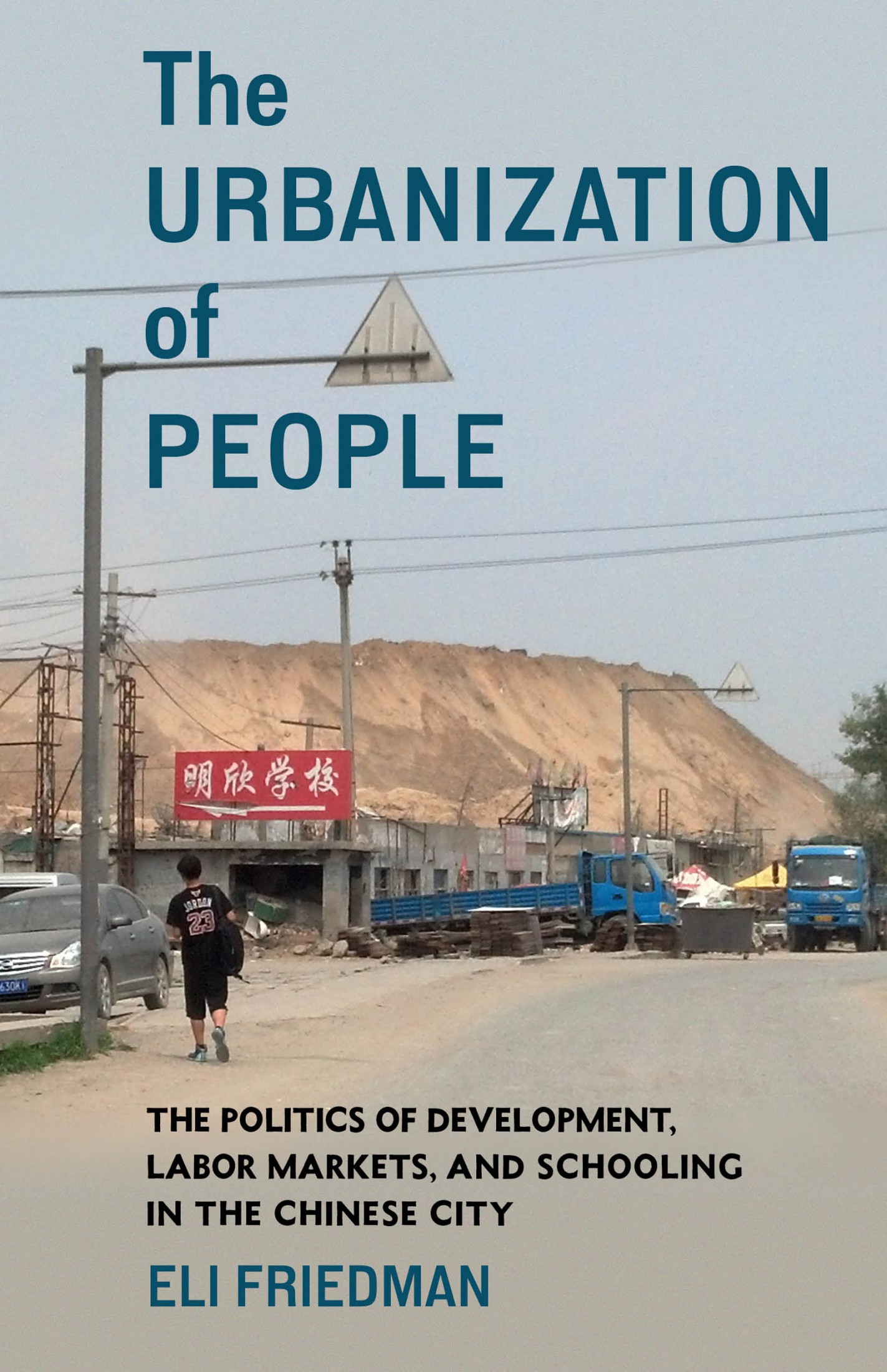
THE URBANIZATION OF PEOPLE
THE POLITICS OF DEVELOPMENT, LABOR MARKETS, AND SCHOOLING IN THE CHINESE CITY
ELI FRIEDMAN
Columbia University PressNew York

Columbia University Press
Publishers Since 1893
New YorkChichester, West Sussex
cup.columbia.edu
Copyright 2022 Columbia University Press
All rights reserved
E-ISBN 978-0-231-55583-8
Library of Congress Cataloging-in-Publication Data
Names: Friedman, Eli, author.
Title: The urbanization of people : the politics of development, labor markets, and schooling in the Chinese city / Eli Friedman.
Description: New York : Columbia University Press, [2022] | Includes bibliographical references and index.
Identifiers: LCCN 2021043573 (print) | LCCN 2021043574 (ebook) | ISBN 9780231205085 (hardback) | ISBN 9780231205092 (trade paperback)
Subjects: LCSH: Education and stateChina. | Children of migrant laborersEducationChina. | Migrant laborChinaSocial conditions. | UrbanizationChina. | Urban policyChina. | ChinaPopulation policy. | ChinaSocial conditions2000
Classification: LCC LC94.C5 F75 2022 (print) | LCC LC94.C5 (ebook) | DDC 379.51dc23/eng/20211116
LC record available at https://lccn.loc.gov/2021043573
LC ebook record available at https://lccn.loc.gov/2021043574
A Columbia University Press E-book.
CUP would be pleased to hear about your reading experience with this e-book at .
cover design: Julia Kushnirsky
cover image: Eli Friedman
For Julia

I t was winter in Beijing, and children in the courtyard of Shusheng School were playing in a mound of coal. I had just traveled for an hour and a half from Beijings imposing and ordered core out to the derelict periphery of Chaoyang District for my first ever visit to a migrant school. While I was expecting poor conditions, I could not help but be taken aback by the state of disrepair and apparent lack of investment in physical plant. Coal was the schools source of warmth in the winter and was now doubling as playground equipment.
I had come on an exploratory visit to investigate teachers working conditions in urban Chinas migrant schools. I had learned of these schoolsgenerally fully privatized, often without official licensing, and almost exclusively populated by the children of rural-to-urban internal migrantsin my earlier research on labor politics. As a labor sociologist, I had an intuition that viewing these schools as a workplace would likely capture important social dynamics of urban life beyond the employment relationship. Whereas my earlier work was largely concerned with workers in the manufacturing sector, I believed that focusing on reproductive labor would more effectively illuminate the social hierarchies embedded in Chinas migrant labor regime. As I spoke with teachers in Beijing over the following weeks, I learned of the astonishingly bad working conditions they faced: woefully inadequate facilities, long hours, pay below minimum wage, and huge class sizes.
But I found that teachers were often more concerned with a workplace problem I couldnt have anticipated: the uneven abilities of their students. I quickly found that it was the norm for schools to have annual turnover rates of 2530 percent of the student body. Children moved from school to school and from city to countryside and back again with astonishing regularity. Parents were overburdened with the struggle to eke out a living, and much reproductive labor typically associated with the familynot least of which was emotional availabilitywas pushed onto the teachers. As I visited school after school, first in Beijing and then in Guangzhou and Chengdu, I realized that these conditions were national in scope.
I began to doubt that I could restrict the study to the workplace as my focus was increasingly pulled out of the school. I found that in order to explain the stresses faced by teachers in Chinas migrant schools, I needed a better account of the process of capitalist urbanization. I could not understand high levels of student turnover, pathetically low wages, or the intense emotional burden faced by teachers without grasping parents position in the labor market, the structure of the educational system at the national level, constantly evolving population control policies, and the perpetual pressure of spatial peripheralization derived from urban redevelopment. Furthermore, it became clear that for many working-class migrants, the question of urbanization was for them a problem of uniting work opportunities with familial relations in space and time. Could they actually work and live in the city? These struggles with schooling revealed a radical disjuncture in Chinas cities between the triumphant global urbanism of capital and the highly segmented and contingent urbanization of rural migrants. My initial intuition that the migrant school would capture important sociological aspects of life in the city was correct, but exploited and emotionally exhausted teachers now appeared as one feature of a broader process of population management and capitalist transformation. In essence, my research on Chinas migrant workers shifted focus, without shifting sites, from the politics of the workplace to the politics of social reproduction amid rapid urbanization.
I came to accept this reorientation toward urbanization haltingly as I worried about the risk inherent in trying to enter a new academic field. As I immersed myself in new literature, however, I came to the conclusion that there was a real opportunity to synthesize insights from my background in labor studies with those from education and urban studies. Despite the prevalence of Marxist theorization in urban studies, I found a capital-centric tendency in much of the literature. On the other hand, the work on migration that has extensively documented forms of social and economic exclusion in Chinese cities has been less attuned to processes of capitalist development. It seemed to me that a fuller account of the urbanization process needed to attend to the various sides of the problemthe urbanization of capital and its associated implications for labor and land markets, rural-to-urban migration, political exclusion and population control, and state development strategy more broadlyand how they are negotiated. Given this particular intellectual trajectory, it perhaps goes without saying that the study that follows is methodologically and disciplinarily eclectic.
This book has been a long time coming. I began preliminary research a decade ago, and writing was similarly drawn out over a number of years. As the project evolved and gradually became more focused, I was aided by the help and insight of countless friends, students, colleagues, and family members. I have had the real pleasure of working with a number of excellent research assistants in China and at Cornell, including Dai Rong, Zhuang Han, Angela He, Sherry Hu, Ning Li, Andi Kao, Mo Ni, Magic Peng, Luise Yang, Lindsey Yuan, Hao Zhang, and Zhou Xianqin. This book benefited immensely from my collaboration with Christine Wen, who provided extensive insight and conducted all of the interviews for the Guizhou portion of the research. My fieldwork could not possibly have succeeded without guidance and help from friends and colleagues in China including L Tu, He Mingxiu, Niu Zhikui, Wei Jiayu, Zhao Wei, and Zhuang Ming. Back in Ithaca, I was afforded the opportunity to work in a wonderful interdisciplinary environment in the Cornell Center for Social Sciences China Cities Project, where I learned from Jessica Chen Weiss, Panle Barwick, and Shanjun Li. Jeremy Wallace, the director of the project, deserves special mention as a key source of inspiration who I have called on time and again for his expertise on Chinas cities. I have benefited from a great number of colleagues around the world who have provided critical feedback on various pieces of the project, including Joel Andreas, Kam Wing Chan, Jia-Ching Chen, Greg Distelhorst, Yige Dong, Jamie Doucette, Peter Evans, Richard Freeman, Diana Fu, Lingxin Hao, Patrick Heller, Elaine Hui, Christina Kim, Neema Kudva, Sarosh Kuruvilla, Ching Kwan Lee, Zach Levenson, Mike Levien, Thung-Hong Lin, Ralph Litzinger, Andy Liu, Kate Maich, Tom McEnany, Meng Quan, Jonas Nahm, Dan Nemser, Marcel Paret, Bae-Gyoon Park, Pun Ngai, Aziz Rana, Elena Shih, Ed Steinfeld, Wang Xiying, and Marty Whyte. The manuscript has been much improved following the generous feedback from three anonymous reviewers. Lowell Frye has been a fantastic editor, expressing great enthusiasm and support for the project from the beginning and patiently and clearly walking me through the many steps of publication. I am very appreciative for Gregory McNamees wonderful editing work and the efforts of the Columbia University Press staff who managed the design and production of the book. I would also like to acknowledge
Font size:
Interval:
Bookmark:
Similar books «The Urbanization of People: The Politics of Development, Labor Markets, and Schooling in the Chinese City»
Look at similar books to The Urbanization of People: The Politics of Development, Labor Markets, and Schooling in the Chinese City. We have selected literature similar in name and meaning in the hope of providing readers with more options to find new, interesting, not yet read works.
Discussion, reviews of the book The Urbanization of People: The Politics of Development, Labor Markets, and Schooling in the Chinese City and just readers' own opinions. Leave your comments, write what you think about the work, its meaning or the main characters. Specify what exactly you liked and what you didn't like, and why you think so.

